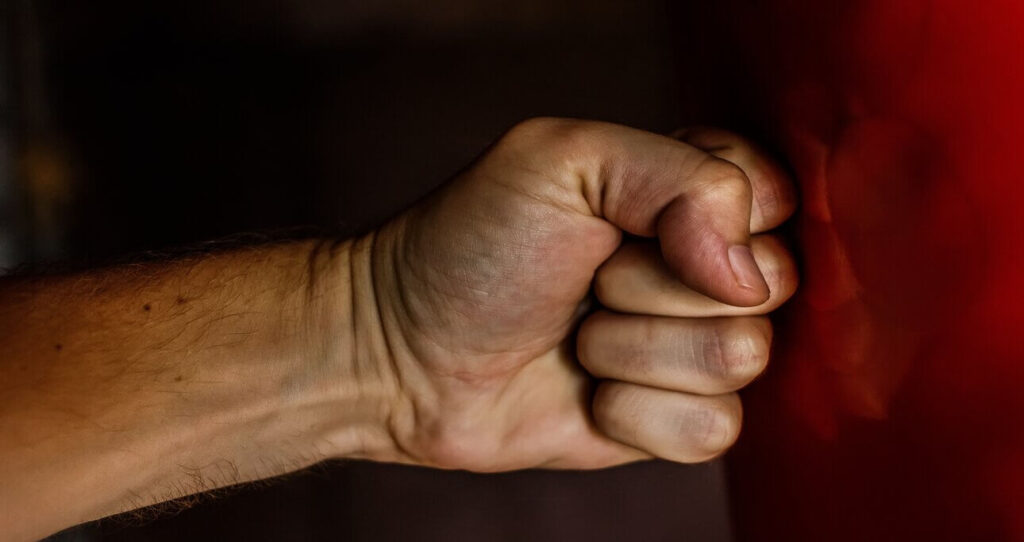Suicide occurs in all ages.[1] According to the World Health Organization (WHO), not less than 700,000 persons die every year around the world, as a result of suicide. And in 2019 alone, more than one in every 100 deaths globally, was by suicide[2] and for each person who commits suicide, twenty more have attempted suicide.[3] For these reasons, it has been described as a worldwide epidemic that affects all regions, of which over 79% occur in low and middle-income countries.[4]
Also, suicide cases are usually underreported as a result of the stigma associated with it – only 87 countries have quality data concerning suicide.[5]It has been proven, although, with varying results, that recurrence of these statistics are is a result of some of the discriminatory laws on suicide that have been passed, and persist in some countries. Undoubtedly, Nigeria is a country plagued by the crisis of suicide. According to 2017 WHO report, Nigerians have the highest incidences of depression in Africa- with over 7 million people battling depression and with a higher tendency to commit suicide – and a total of about 39% of its population. With an estimate of 9.5 persons per 100,000 people who commit suicide, Nigeria ranks 15th in the world, in the number of suicides annually.[6] As a result of the stigma associated with suicide, not only is suicide underreported in Nigeria, but the country also has a very poor health care system that is not only irresponsive to the cries of victims of mental illness but also has one of the lowest numbers of trained mental health professionals- with a paltry 250 psychologist for over 2 million people. Sad, isn’t it? And at the top of this, is the tragedy of the criminalization of attempted suicide. Altogether, the above statistics all point to something: the country has become a graveyard for its citizens.
Sadly, all these sorrowful statistics keep slapping us on the face, as a result of our inattentional blindness to the tragedy of suicide, as a medico-socio problem. As a medical problem, suicide is a result of varying medical conditions, disparities in a health condition, or deep emotional instability. People with mental disorders such as depression, bipolar disorders, personality disorders, schizophrenia, and substance abuse-related disorders, have more tendency to commit suicide. And as a social problem, the risk of suicide in a population increases when the social structure fails to promote a healthy sense of purpose and belonging, contributing to an individual’s sense of belonging and purpose. And with raging poverty, rising insecurity, terrorism, unemployment, the decline in education, the healthcare system, and political instability, (but to mention a few), the chances of suicide in Nigeria have by far become high and worrisome.
For so many years, several religious and cultural interpretations have pervaded the landscape of suicide and mental health care. Most notable is the legal justification- these can be found in both the Nigerian Criminal and Penal Codes.[7] It suffices to mention here that both laws are discriminatory against victims of attempted suicide. Both the criminal and Penal Codes make attempted suicide a crime, with the attempter being guilty of a misdemeanor, liable to imprisonment for a year[8](or more or with a fine or both).[9]To rub salt in the wound, the Lunacy Act of 1958(formerly the Lunacy Ordinance, 1916), is still the current Nigerian policy on mental health. Sadly, the Act views victims of mental illnesses as “lunatics”, who are to be secluded from the rest of society. But then, what are the steep consequences of these suicide laws?
Despite the heavy penalties imposed by these laws, the rates of suicide have never decreased – more people have even committed suicide in the last few years than ever before.[10]Victims of attempted suicide are not only victims of mental illness, but (also) of social withdrawal and condemnation. This set of people is viewed as an abomination in the society – it is not surprising that many of these people, eventually succeed in killing themselves as a result of this. Therefore, not only is the law on suicide harsh and irrational, but it has also failed, in serving its deterrent purpose. What then, is the way out?
‘Suicide’, said Goethe, ‘is an incident in human life which, however much disputed and discussed, demands the sympathy of every man and in every age must be dealt with anew’. Nowhere does this statement echo itself more, than in Nigeria, where mental instability is the order of the day. Public awareness and proper education on the dreadful impact of suicide should be preached– most especially amongst the youths- in promoting good mental health, through the several media platforms available. Most importantly, all of these solutions would come to naught, without the necessary support of the federal government- through improved funding and favorable policies on mental health in replacing the anachronistic suicide laws – to back up the effort, in line with international standards.
Author’s Name: Saheed Qudus Olamilekan (University of Lagos)
[1] UN News, World Mental Health Day sheds light on worrying rates of youth suicide https://news.un.org/en/story/2019/10/1048931
[2]WHO (2021), Suicide worldwide in 2019. https://www.who.int/publications/i/item/9789240026643)
[3] WHO, Suicide [accessed 18 August 2021] https://www.who.int/news-room/fact-sheets/detail/suicide
[4] WHO, Suicide [accessed 18 August 2021]
[5]Vijayakumar L, Ray S, Fernandes TN, Pathare S. A descriptive mapping review of suicide in vulnerable populations in low and middle countries. Asia Pac Psychiatry. 2021 Apr 4:e12472. Doi: 10.1111/appy.12472.
[6] Socrates Mbamalu, “Nigeria has a mental health problem”, Aljazeera, October 02, 2019,
https://www.aljazeera.com/economy/2019/10/2/nigeria-has-a-mental-health-problem
[7]The Nigerian Criminal Code is the Criminal law applicable in the Southern parts of Nigeria, while the Penal Code is only applicable in the Northern part of Nigeria.
[8] Section 327 of the Criminal Code Act
[9]Section 231 of the Penal Code Act
[10] World Health Statistics, 2018. World Health Organization, 2018 http://apps.who.int/iris/bitstream/handle/10665/255336/9789241565486-eng.pdf;jsessionid=7A6C46D234B30AA610C4C3D250677E64?sequence=1


